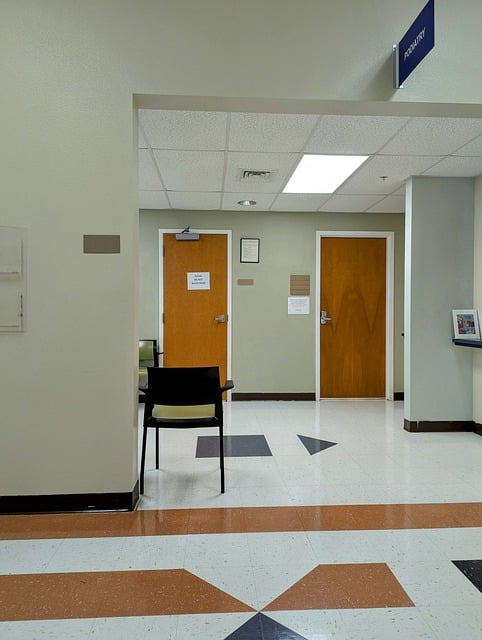Rejecting a fair medical malpractice settlement offer can lead to severe consequences, including prolonged litigation, increased financial burdens, and emotional strain. Proceeding with a court battle may result in unfavorable verdicts and lower compensation compared to the initial settlement proposal. This is especially risky for cases involving serious injuries or life-altering events, where prompt resolution is crucial for healing and stability. Always consult a qualified attorney specializing in medical malpractice before rejecting offers to understand potential outcomes.
“Rejection of a fair medical malpractice settlement offer can have significant, often unforeseen, consequences. This article explores the risks associated with turning down an adequate compensation package. From potential legal repercussions and financial uncertainty to damaged credibility and limited future options, every decision has weighty implications. Understanding these risks is crucial for patients navigating medical malpractice claims, ensuring they make informed choices that could impact their long-term well-being and legal standing.”
- Potential Legal Reckoning
- – The consequences of turning down a settlement offer
- – Risk of prolonged litigation and increased legal costs
Potential Legal Reckoning

Rejecting a fair medical malpractice settlement offer could lead to significant legal repercussions, as a court battle may ensue, leaving individuals vulnerable to harsher outcomes. In many cases, patients or their families who opt to refuse a reasonable settlement are faced with prolonged litigation, which can be emotionally taxing and financially draining. Legal fees and expenses mount, potentially depleting resources that were initially intended for recovery or care.
Moreover, the risks extend beyond personal finances; a rejected settlement could result in a verdict that favors the defendant, especially if evidence is skewed or timelines extended. This could lead to situations akin to contract disputes, product liability claims, or even nursing home neglect cases, where plaintiffs find themselves in an even more precarious position than before, with little recourse but to accept an inferior outcome compared to what was initially offered.
– The consequences of turning down a settlement offer

Turning down a fair medical malpractice settlement offer can have significant consequences for individuals seeking compensation after an incident of negligence. While it may seem like a chance to fight for more, rejecting a settlement often leads to prolonged legal battles and increased financial burdens. A truck accident lawyer or elder abuse attorney, depending on the nature of the case, will advise that this path can be costly and time-consuming, with no guarantee of a more favorable outcome.
The process of navigating a legal dispute is complex, and the risk of an unfavorable verdict increases with each delay. By declining a settlement offer, you might find yourself facing higher legal fees, extensive court proceedings, and potentially lower compensation if the case goes to trial. These outcomes could be even more detrimental in cases involving serious injuries or life-altering events, where a prompt resolution is crucial for emotional healing and financial stability.
– Risk of prolonged litigation and increased legal costs

Rejecting a fair medical malpractice settlement offer can significantly increase the risks associated with your case. One of the primary consequences is the potential for prolonged litigation, which can drag out the legal process for years. This not only causes unnecessary stress and anxiety for all parties involved but also results in heightened legal costs. The expenses incurred during extended litigation often far surpass the initial settlement amount, making it a costly decision to refuse an acceptable offer.
Additionally, delaying or rejecting a settlement could lead to more complex and adverse outcomes, especially in cases of auto accident injuries or wrongful death due to medical negligence. The longer you wait, the harder it becomes to secure favorable compensation, as evidence may be lost, memories fade, and witnesses become unavailable. These factors can weaken your case, leaving you with a less desirable outcome or even potential legal setbacks.
Rejecting a fair medical malpractice settlement offer can lead to significant risks, including prolonged litigation, increased legal costs, and potential adverse outcomes. As discussed in this article, the consequences of turning down a settlement can be detrimental, making it crucial to carefully weigh the options before declining an offer. By understanding the potential legal reckoning, individuals can make informed decisions that best protect their interests and ensure a more favorable outcome.






